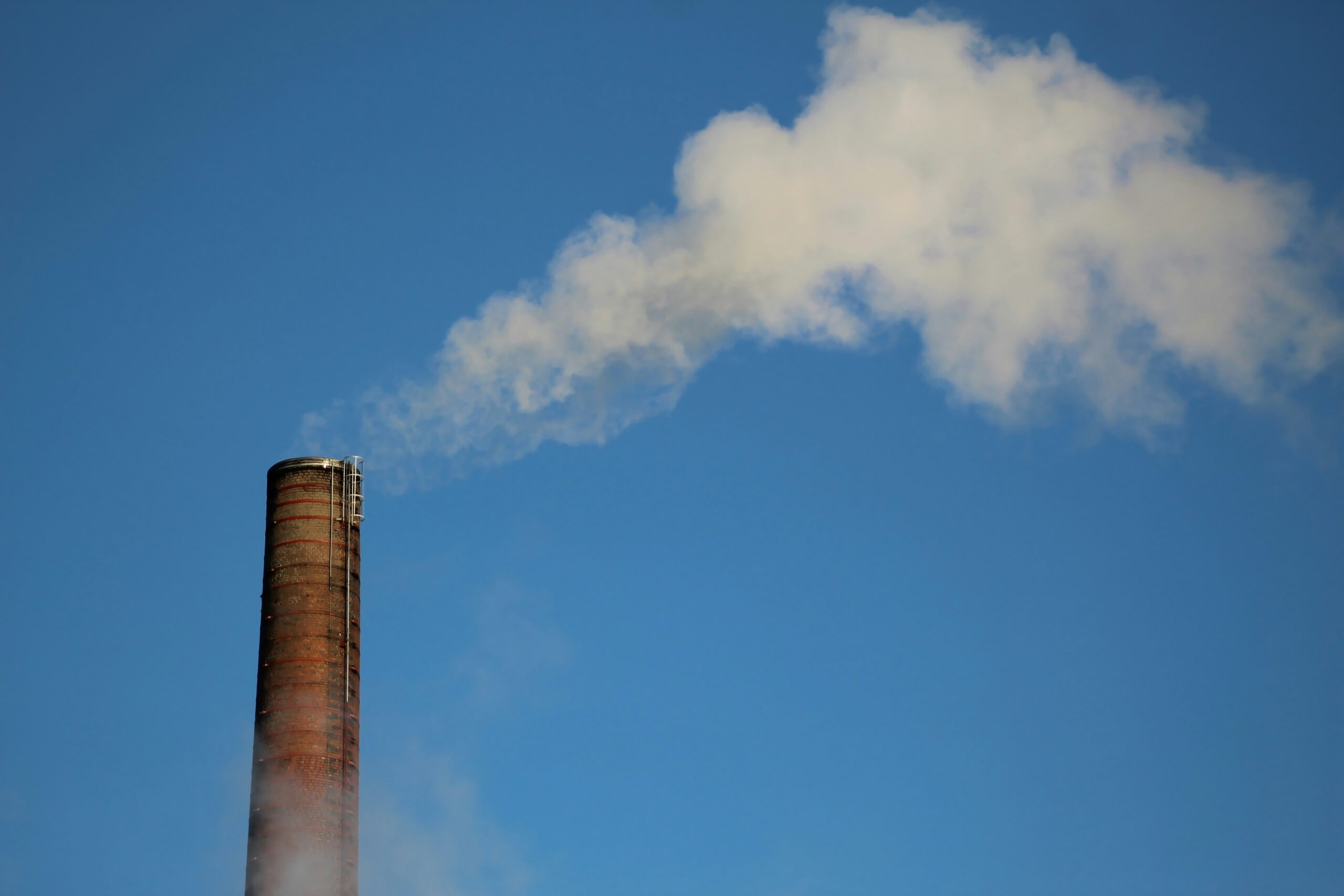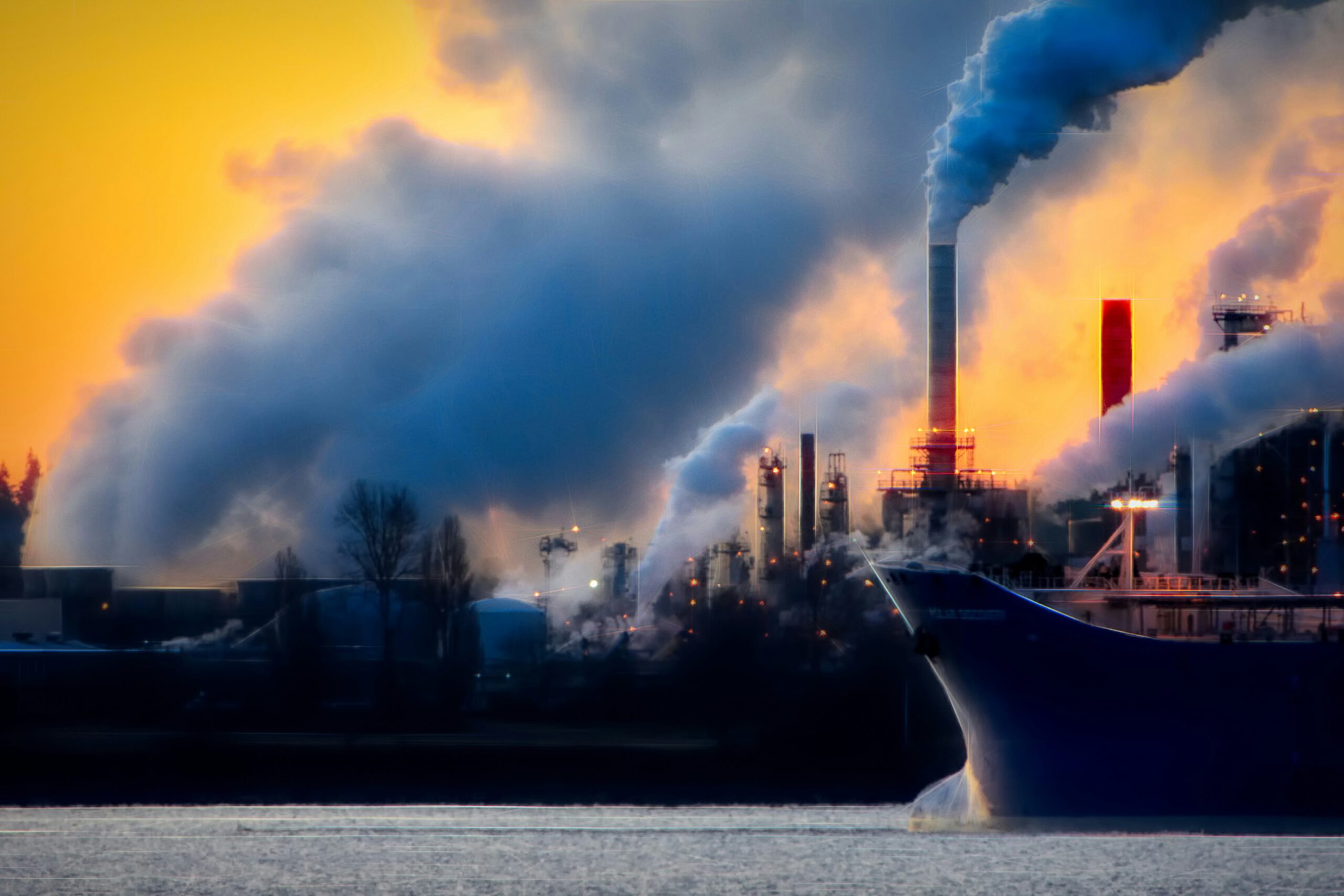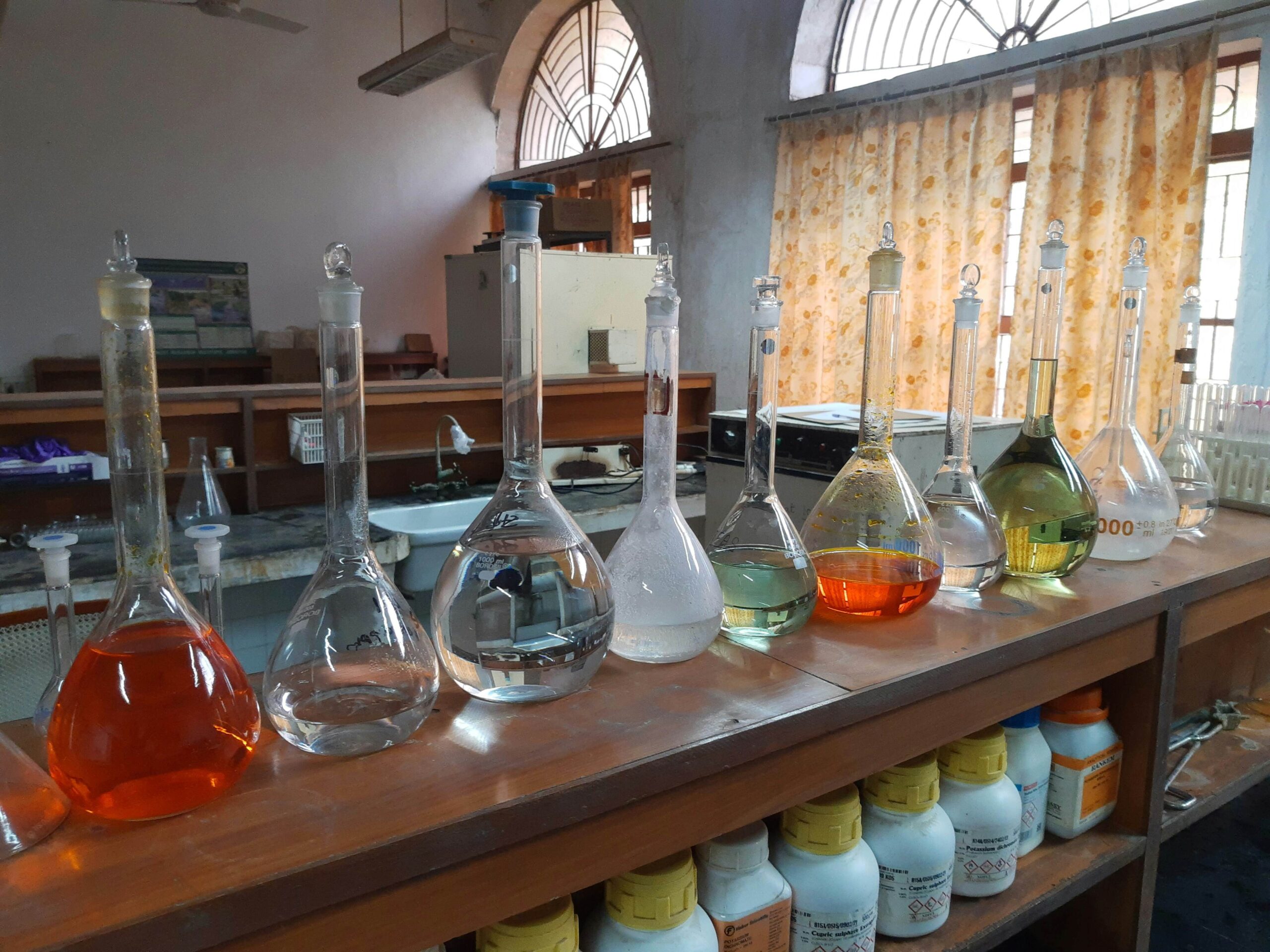Lifecycle Analysis of Bunker Fuel from Crude Oil to Combustion
Introduction Bunker fuel, essential for powering maritime vessels, undergoes a complex lifecycle from extraction as crude oil to combustion in ship engines. Understanding this lifecycle is crucial for assessing its environmental impact, from greenhouse gas emissions to other pollutants released during extraction, refining,
Bunker Fuel Blending Techniques for Optimal Performance
Introduction Bunker fuel blending is a critical process in the maritime industry, aimed at achieving fuels that meet specific performance, regulatory, and economic requirements. Blending involves combining different grades of fuel oils and additives to enhance fuel properties such as viscosity, density, sulfur
The Role of Additives in Improving Bunker Fuel Performance
Introduction Bunker fuels are essential for powering maritime vessels, providing the necessary energy for propulsion and onboard operations. However, the quality and performance of bunker fuels can vary significantly, impacting efficiency, emissions, and overall operational costs. Additives play a crucial role in improving
Desulfurization Technologies in Bunker Fuel Refining
Introduction Desulfurization is vital in bunker fuel refining to meet strict environmental regulations by reducing sulfur content. High sulfur levels in bunker fuels lead to harmful sulfur oxide emissions, contributing to acid rain and air pollution. This article explores various desulfurization technologies used
Environmental Impact of Bunker Fuels: Emissions and Regulations
Introduction Bunker fuels are essential for powering the global maritime fleet, yet their environmental impact is significant. Emissions from these fuels contribute to air pollution, climate change, and the degradation of marine ecosystems. This article explores the environmental impact of bunker fuels, focusing
Advancements in Bunker Fuel Quality Testing and Analysis
Introduction Bunker fuel quality is paramount for the efficient and safe operation of marine vessels. The quality of bunker fuels, including their chemical composition and physical properties, directly impacts engine performance, maintenance costs, and environmental compliance. Over the years, advancements in fuel quality
Refining Processes for Bunker Fuel Production
Introduction Bunker fuels are crucial for powering maritime transport and are produced through intricate refining processes. These processes transform crude oil into various grades of marine fuel, ensuring quality, efficiency, and adherence to environmental standards. This article examines the refining processes involved in
The Chemistry of Bunker Fuels: Composition and Properties
Introduction Bunker fuels, also known as marine fuels, are the lifeblood of the shipping industry, powering the vast majority of the world’s merchant fleet. Understanding their chemistry is crucial for optimizing their use and minimizing environmental impact. This article delves into the composition








